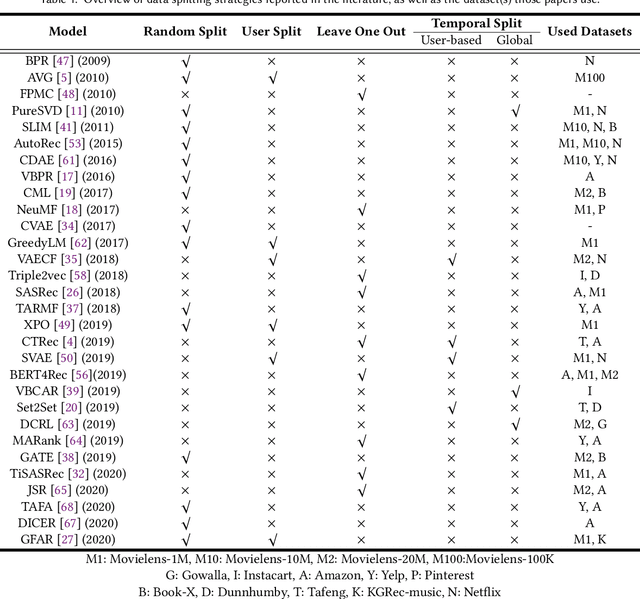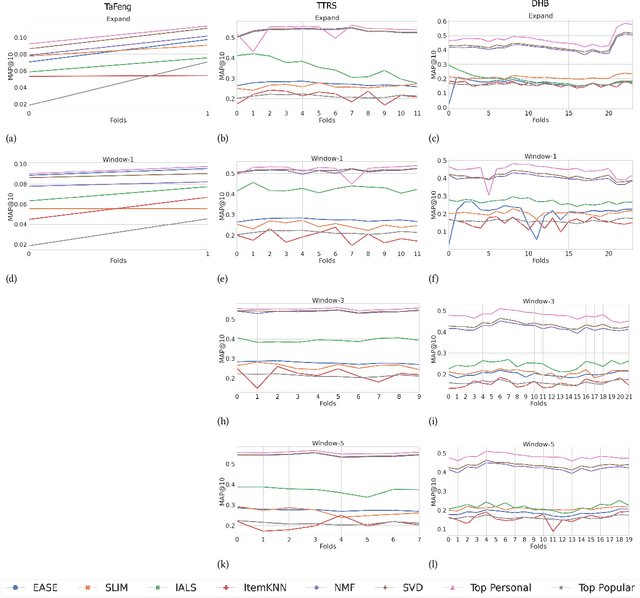Mikhail Andronov
Accelerating the inference of string generation-based chemical reaction models for industrial applications
Jul 12, 2024Abstract:Template-free SMILES-to-SMILES translation models for reaction prediction and single-step retrosynthesis are of interest for industrial applications in computer-aided synthesis planning systems due to their state-of-the-art accuracy. However, they suffer from slow inference speed. We present a method to accelerate inference in autoregressive SMILES generators through speculative decoding by copying query string subsequences into target strings in the right places. We apply our method to the molecular transformer implemented in Pytorch Lightning and achieve over 3X faster inference in reaction prediction and single-step retrosynthesis, with no loss in accuracy.
CVTT: Cross-Validation Through Time
May 11, 2022



Abstract:The practical aspects of evaluating recommender systems is an actively discussed topic in the research community. While many current evaluation techniques bring performance down to a single-value metric as a straightforward approach for model comparison, it is based on a strong assumption of the methods' stable performance over time. In this paper, we argue that leaving out a method's continuous performance can lead to losing valuable insight into joint data-method effects. We propose the Cross-Validation Thought Time (CVTT) technique to perform more detailed evaluations, which focus on model cross-validation performance over time. Using the proposed technique, we conduct a detailed analysis of popular RecSys algorithms' performance against various metrics and datasets. We also compare several data preparation and evaluation strategies to analyze their impact on model performance. Our results show that model performance can vary significantly over time, and both data and evaluation setup can have a marked effect on it.
 Add to Chrome
Add to Chrome Add to Firefox
Add to Firefox Add to Edge
Add to Edge